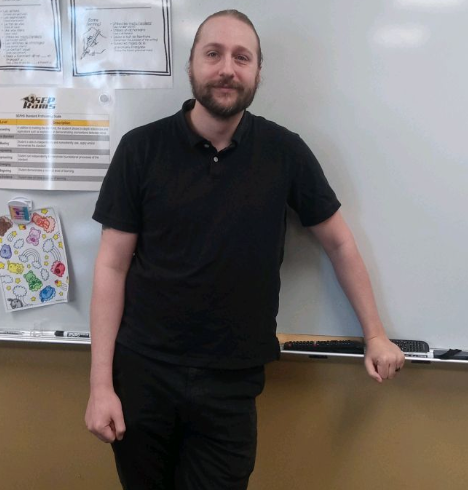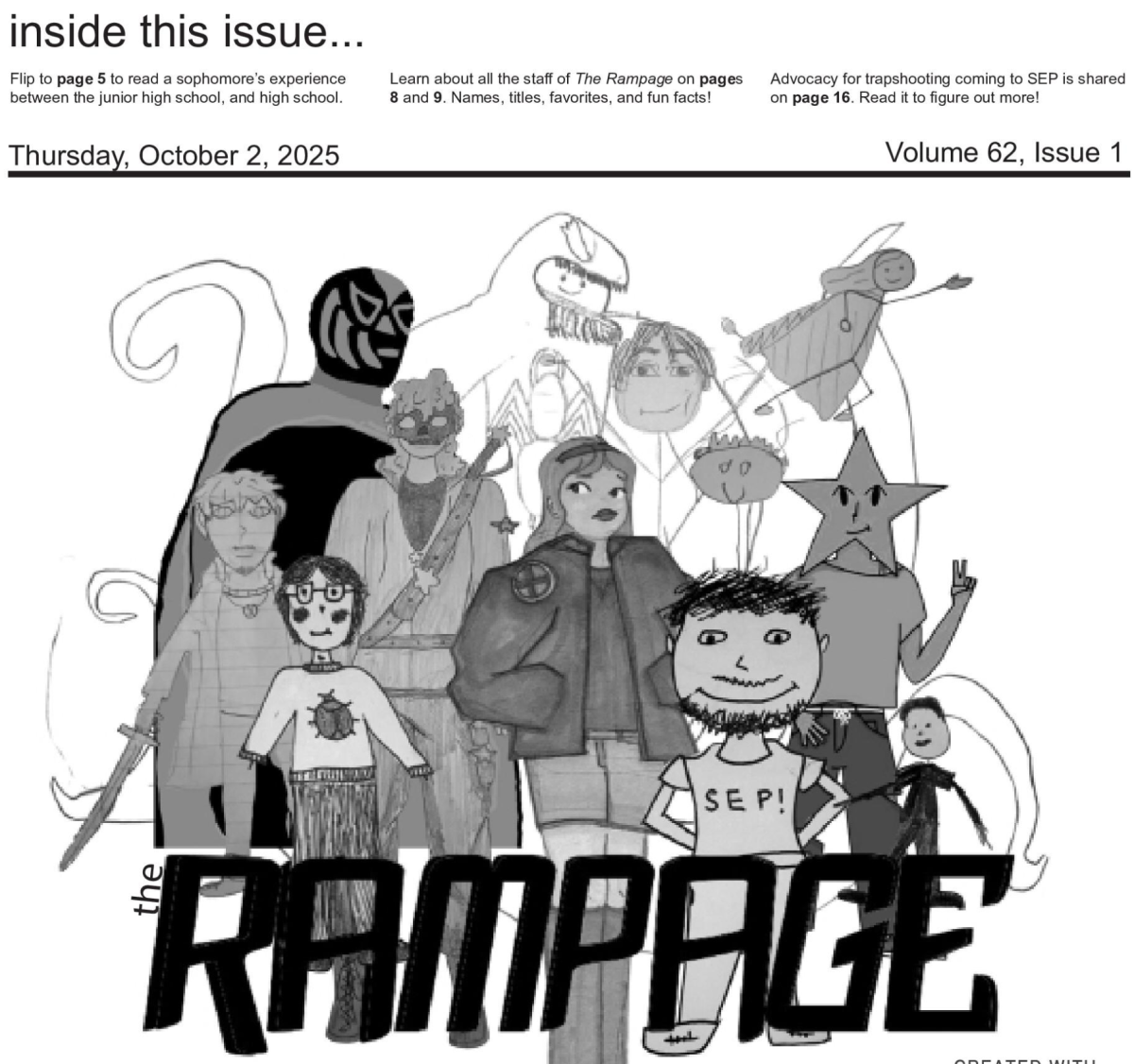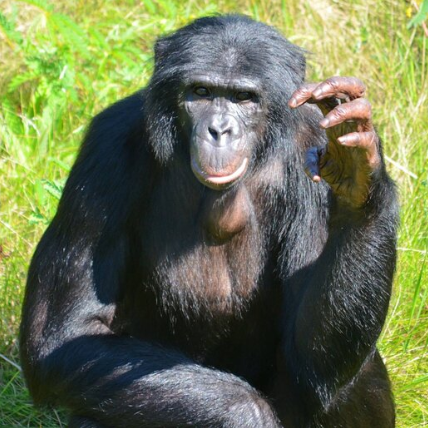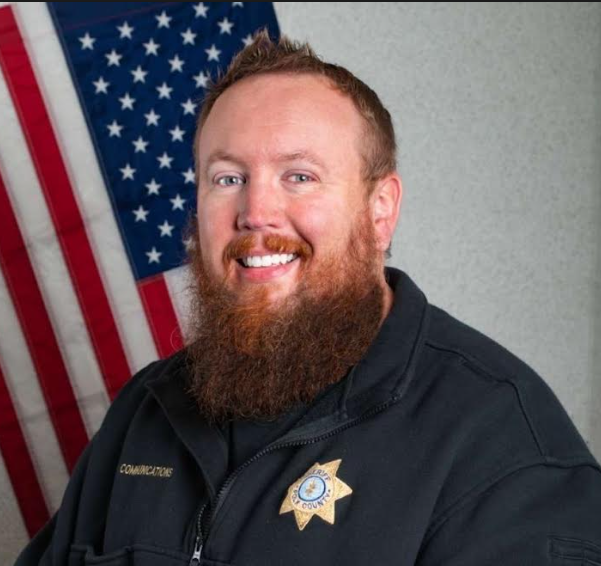Q: Where did you attend elementary and secondary school?
A: I attended Lucas Elementary School and for much of secondary, I was homeschooled. That is, until I went back to high school at Chariton High School.
Q: Can you tell about your experience in Paris?
A: I went to Paris because I was, and still am, an absolute culinary fan and had a strong desire to learn French. I went to experience what French culture was like and decided that living there would be the best way to do so. I did this between 2014 and 2015 for around a year. While I was there, I took classes in French phonetics, art, culture, literature, and cooking/baking at a few schools and universities. In particular L’institut Catholique de Paris. I also did a lot of volunteer work at Le Centre Sociale de Belleville which was near where I lived and was an afterschool program for at-risk youth. I improved my understanding of French language and cooking a lot during my time there and it was a truly remarkable experience to go and live there for a while.
Q: What are all the different jobs you’ve had?
A: Overall, I have worked as a historical archive intern, a bankruptcy auditor for Chapter 13 bankruptcy, Manufacturing Laborer, Aluminum Anodizer, Cook, Kitchen Supervisor, and now Teacher. I’ve also volunteered and helped in construction projects in work with Carpentry, Tiling, and Demolition as well as done independent work on furniture repairs. So yeah, I’ve been around and done a lot.
Q: When did you attend college to become a teacher? What did you study?
A: Originally, I didn’t actually attend college for Teaching. Originally, my college education was in Culinary Arts at Indian Hills Community College. Then I attended Central College for History, East Asian Studies, French, and Art. I only went back to get my education in Teaching after moving back to the United States from Scotland in 2021 where I attended the University of Iowa. I’m still currently enrolled there to also get a certificate in Museum Studies.
Q: How long have you been teaching for? At SEP or before?
A: This year is my second year teaching. Both this year and my first year have been at SEP.
Q: What is one of your favorite stories to tell? Can you tell it here?
A: One of the many stories that I thoroughly enjoy telling is how I really learned how much a kilogram was in comparison to a pound at a Farmer’s Market in the town of Arles in the south of France when I was buying some olives. I was traveling through the south of France with some friends, one of whom later became my wife, when we stopped for a night at the town of Arles. The next morning, there was a farmer’s market with an immense amount of local produce and other products from spices, to vegetables, to fish, to seafood, to meats and cheeses. This place to me was practically paradise. My French at this time had improved quite a bit and communicating with others was no problem so I spent my entire morning wandering the market and talking with people about the produce and making some purchases.
I came across one stall selling seasoned and spiced olives. Some had been marinated in oil with herbs like sage or rosemary, while others were stuffed with cheeses and peppers. Some were lightly tossed in salt and herbs and mixed in with a variety of sundried tomatoes and cheeses like in antipasto. I like olives quite a bit, so I stopped and the prices were exceptionally good prices for the time. I noticed that they were sold by weight, not something that is unusual at all and thought to myself, “these would be something that are good to have for the train ride over to Marseilles.” Marseilles was the next destination we were planning on going to in the afternoon. For some reason, I couldn’t help but think that 1 pound = 2.2 kilograms, so I told the seller that I wanted 1 kilogram of 1 type of olive and 1 kilogram of another. The moment that the scoop went into the barrel of olives, I realized, “I’ve made a mistake.”
1 Pound does not equal 2.2 Kilograms. 1 Kilogram = 2.2 Pounds. I was buying nearly 5 pounds of olives by accident and though I could have stopped him and said that I made a mistake. I felt that I couldn’t. Why you may ask? Because I had asked for the amounts with such a high level of confidence that I couldn’t back out of it. I wasn’t about to admit that I’d messed up because I didn’t know the metric system very well. No! I said it with confidence and I was going to stick to it. Everyone thought that I had to be crazy to buy that amount of olives, but I wasn’t about to admit my mistake. After all, it was a pretty tasty mistake to make. My wife only learned that the purchase was, in fact, a mistake about a year ago when I was telling this story to some other friends about funny blunders that we’ve made.
I have many other stories, but this is one of my favorites to tell, especially when someone is having a bad day.
.
.
.
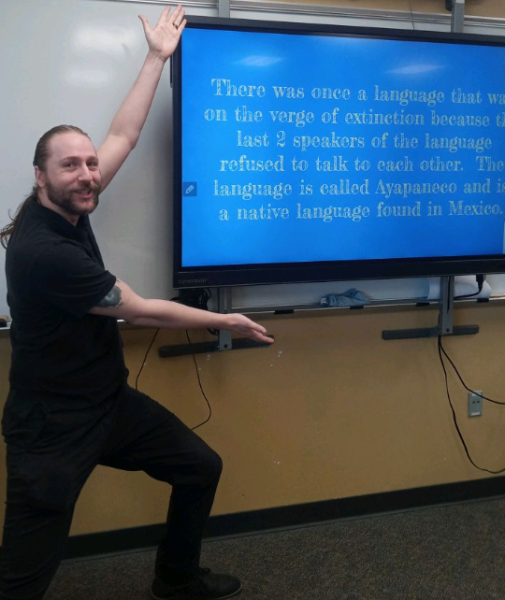
At the beginning of all of his French classes, Curtis shares a “Fun Fact of the Day” with all students present in the class. This fun fact reads:
There was once a language that was on the verge of extinction because the last 2 speakers of the language refused to talk to each other. The language is called Ayapaneco and is a native language found in Mexico.
